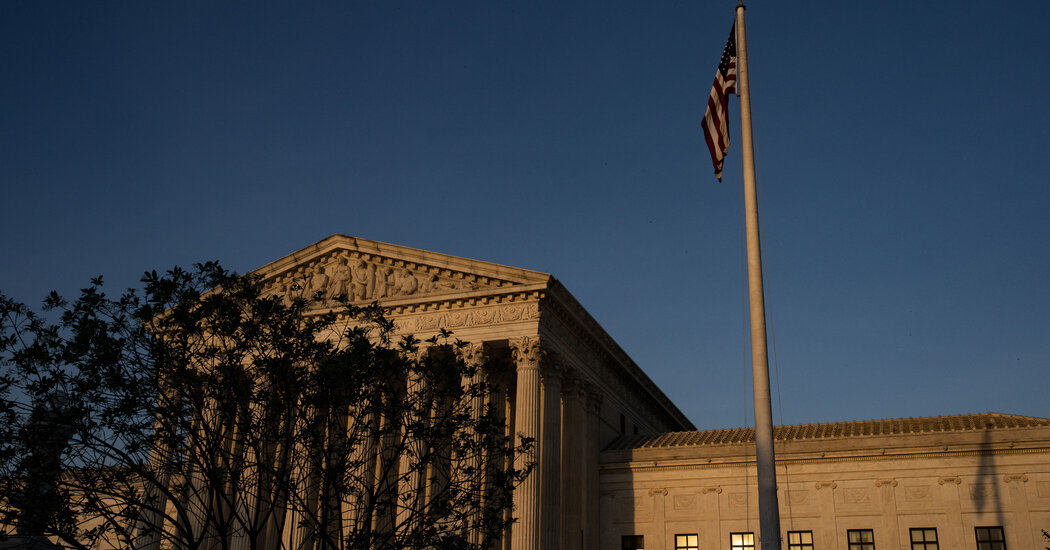Other states “now need to actually comply with the Voting Rights Act,” said John Bisognano, the president of the National Democratic Redistricting Com
Other states “now need to actually comply with the Voting Rights Act,” said John Bisognano, the president of the National Democratic Redistricting Committee. He expressed relief at the outcome, pointing to “an alternative reality in which this just went a different direction, and there was obvious concern that they could have taken a different direction.”
In Alabama, voting rights advocates and local leaders said the ruling could reverse a sense of apathy that has pervaded the state, across the political spectrum, as many residents had come to feel that elections were foregone conclusions and their ballots made little difference.
“It’s a great day in Alabama,” said Bobby Singleton, a Democrat and African American from Greensboro who serves as the State Senate minority leader. But Mr. Singleton also said: “Racism is still alive and well in the state of Alabama, and the Supreme Court was able to see it.”
Robyn Hyden, the executive director of Alabama Arise, which is focused on policies supporting poor residents, said she had been uncertain of what to expect from the court, but she felt there was a solid case to make. “Their reasons and their arguments were sound to me,” she said.
She argued that the geography of the Seventh Congressional District, represented by Ms. Sewell and reaching across a broad portion of the state, illustrated what made the map so problematic. “The idea that someone who lives in North Birmingham has the same political interests as someone who lives all the way down in Clark County, which is near the Gulf Coast of the state, is pretty ridiculous,” she said. “It’s four hours away.”
“There are people in that district who are in the Black Belt, which is the most impoverished area of our state,” she added. “There’s people in that district who live in the largest cities in our state. It was really hard to think about how gerrymandered Birmingham and Montgomery have been, and how it has held back our regions from having political representation.”
Richard Fausset and Bryant K. Oden contributed reporting.
www.nytimes.com
